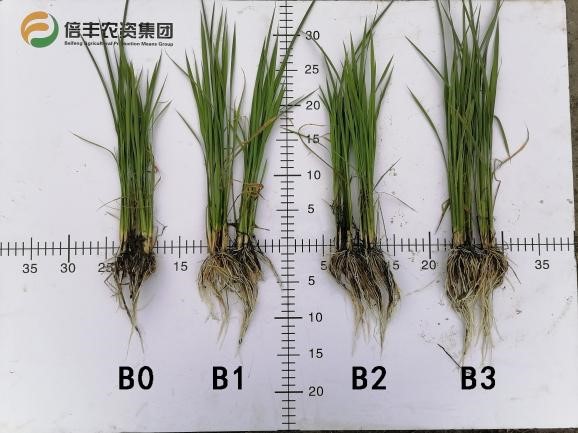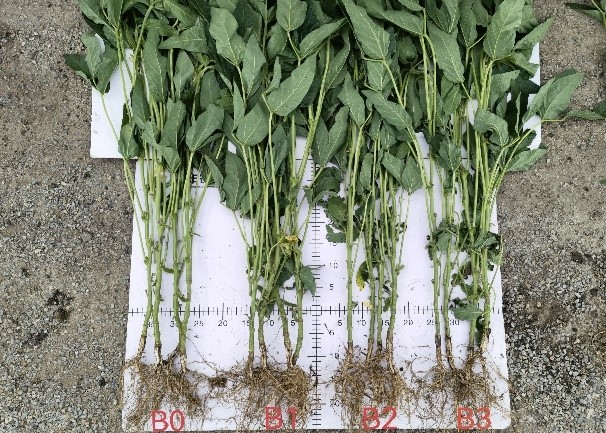Agriculture plays a significant role in many Asian economies, including China—one of the world's largest agricultural countries. The agriculture industry in China continuously searches for ways to increase crop yields to meet the growing demand for food at home and commodity crops abroad.
China now produces one-fourth of the world's grain and feeds one-fifth of the world’s population with less than 10% of the world’s arable land. The Yangtze River Basin is one of China's key strategic agricultural development regions.
Solving China’s boron deficiency
While boron can help plants better tolerate drought, boron soil deficiency is a widespread problem in many parts of Asia—particularly in the regions where rice, soy, and canola are grown.
Rice
The Yangtze Basin contributes more than two-thirds of China’s total volume of rice. Boron deficiency in rice can cause poor seedling growth, reduced tillering, and poor grain filling. A recent U.S. Borax field trial in China demonstrated that applying boron to rice fields can increase grain yield by up to 8.1% and kernels per spike by up to 11.4%. Additionally, boron can improve rice quality with a 4.5% increase in crude protein and a 6.9% seed setting increase. Boron also aids in increased amylose content and reduced chalkiness—making your final product more appealing to consumers.

Comparison of rice plant roots without (left) and with boron (right). Photo courtesy of U.S. Borax partner Beifeng International
Soy
Soybeans are another crucial crop in China. We have conducted several studies into the effects of boron application on soy. Our most recent study in China has proven the benefits of boron fertilization with increased soybean yields by 5.8-8.5%. The use of boron fertilizers can also improve the quality of soybeans, with an increased protein and oil content.

Comparison of soy plant roots without (left) and with boron (right). Photo courtesy of U.S. Borax partner Beifeng International
Canola
As canola increases in acreage in China, growers must learn how to prevent boron deficiency. Applying boron in your fertilization mix can increase canola seed yield by up to 25%, according to our research. Additionally, boron can improve canola quality by increasing oil content and reducing erucic acid content.
The right boron fertilizer for your crops
Refined boron from U.S. Borax is the right product to address boron deficiency, whatever the crop and region. Our commitment to quality ensures that you recieve a fertilizer suited to your needs and soil conditions. As a result, Chinese growers can achieve a more effective application for maximum nutrient availability without concern about the contamination or uneven application rates that are often seen with unrefined borate fertilizers.
Questions? Contact your local U.S. Borax representative.
Resources
References